Taboos of Drinking Rehmannia Wine
Rehmannia can effectively treat menstrual disorders in women and liver and kidney yin deficiency. Now let's learn about the taboos of drinking rehmannia wine!
Taboos of Drinking Rehmannia Wine, Disadvantages of Drinking Rehmannia Wine, Side Effects of Drinking Rehmannia Wine
Taboos of Drinking Rehmannia Wine
Rehmannia can nourish the essence and blood, and has the effects of nourishing yin and replenishing blood. If you experience symptoms such as soreness of the lower back and knees, night sweats and nocturnal emission, blood deficiency with yellow complexion, menstrual disorders, liver and kidney yin deficiency, premature graying of hair, dizziness and tinnitus, etc., taking rehmannia can help restore your health.
Although rehmannia has good health benefits, any medicinal herb has two sides. If it is not used correctly, it may have side effects and even harm our health. The specific taboos of drinking rehmannia wine are as follows:
First: Identification of Rehmannia
Rehmannia is actually processed from raw rehmannia. It is dark and shiny, with a soft but tough texture, sweet taste and warm nature. It can nourish yin and replenish blood when taken. Most of the rehmannia sold on the market are irregular in shape and size, and are all black in color. The surface is wrinkled and uneven, and the cross section is moist. The center can be seen with shiny blocks of fat, which are sticky and have a faint odor.
In daily life, when buying rehmannia, it is advisable to choose large, heavy, soft and oily ones. The cross section should be black, and the taste should be sweet. Rehmannia from Huaiqing, Henan has the best quality.
Second: Processing of Rehmannia
Rehmannia has a long history of use in China and a wide range of processing methods. In daily life, we can choose the most suitable medicinal materials to use according to our own needs. Generally, the processing methods of rehmannia include sandalwood processed rehmannia, ginger wine processed rehmannia, rehmannia charcoal, wine processed rehmannia, and steamed rehmannia. The processed rehmannia should be stored in a dry container, sealed well, and stored in a cool and dry place to prevent mold and moth.
Third: People who are not suitable for taking rehmannia
Experts suggest that in order to better avoid the taboos of drinking rehmannia wine, people who have qi stagnation and phlegm, weak spleen and stomach, and bloating and diarrhea are not suitable for taking this herb. In addition, women who have postpartum diarrhea, postpartum loss of appetite, and poor diet after a serious illness should not take rehmannia, otherwise the problem may become more serious. In addition, people with depression should be cautious when taking rehmannia, as they may feel chest tightness and discomfort after taking it. Patients with phlegm retention and fullness should also be cautious in taking rehmannia.
Fourth: Dietary taboos of rehmannia
During the process of taking rehmannia, do not eat radishes, white onions, white garlic, and chives, as they may change the properties of the herb. It is also advisable to eat less meat to avoid excessive greasiness in the body.
Fifth: Others
When cooking or storing rehmannia, do not choose copper or iron utensils to prevent changes in the properties of the herb. Drinking this kind of rehmannia will not help with blackening hair and nourishing the body, but may worsen the symptoms.
Taboos of Drinking Rehmannia Wine, Disadvantages of Drinking Rehmannia Wine, Side Effects of Drinking Rehmannia Wine
Specific Rehmannia Prescription
First: Treatment for Frequent Urination
Prepare rehmannia, eucommia bark, mulberry parasitic, tianwei root, and peeled coptis each in a dosage of 1 liang. Grind them into powder and make them into medicinal powder. Take 2 qian before meals with porridge to restore healthy urination.
Second: Treatment for Urgent Breathing, Shortness of Breath, and Difficulty in Swallowing
Prepare rehmannia, angelica, and roasted licorice each in a dosage of 3 qian. Then boil them with water, take out the remaining liquid and filter it, and take it warm. This prescription is also known as Zhenyuan Drink, which can help restore health.
Third: Treatment for Children's Weak Kidneys, Pale Face, etc.
It is recommended to prepare rehmannia, tree peony bark, dried yam, white poria, meat of mountain English, and ze xie in appropriate amounts. After grinding all the herbs into powder, add an appropriate amount of honey to make hollow pills the size of a wutong seed. When the child is ill, take three pills and dissolve them in warm water for consumption.
Fourth: Treatment for Liver Invading the Stomach, Acid Reflux, Epigastric Pain, and All Liver Diseases
Prepare rehmannia, angelica, ophiopogon root, chinaberry, wolfberry, and northern sand ginseng in appropriate amounts. Then boil them with water and take the liquid. This prescription is also known as Yi Guan Decoction.
Fifth: Treatment for Insufficient Essence and Blood in the Body
Prepare 8 liang of rehmannia, 1 qian of agarwood, and 4 liang of wolfberry. Soak all the herbs in white wine and take it out after ten days. Take note that the dosage of this herbal wine should be moderate. Excessive consumption is not beneficial to health. The remaining herbal wine should continue to be soaked and taken out when needed.
Sixth: Treatment for Menstrual Disorders and Loss of Appetite in Women
Slice rehmannia and bake it, then slice and bake dong quai. Grind both herbs into powder and add honey to make pills the size of a wutong seed. Take 20-30 pills before meals with plain soup.




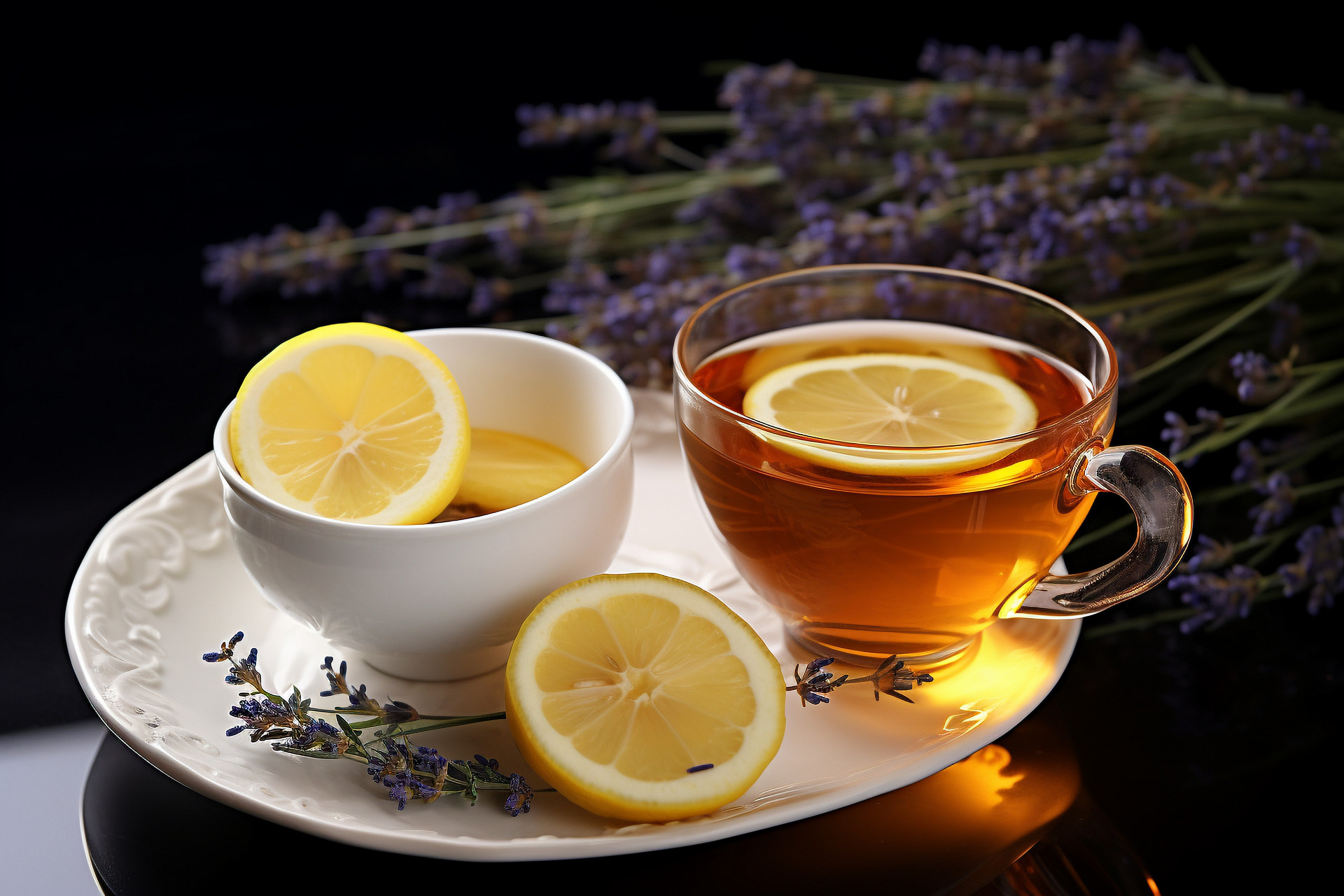
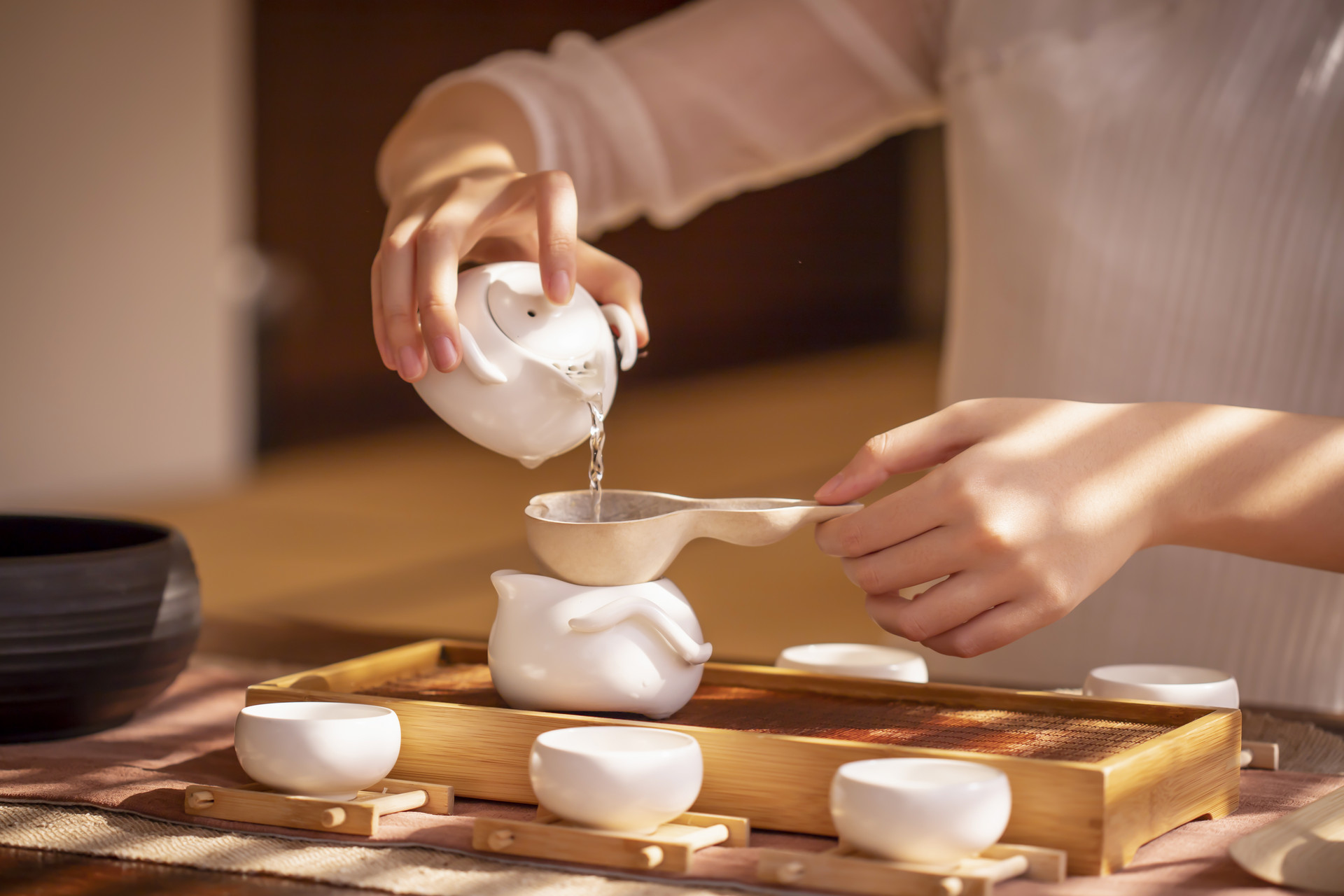
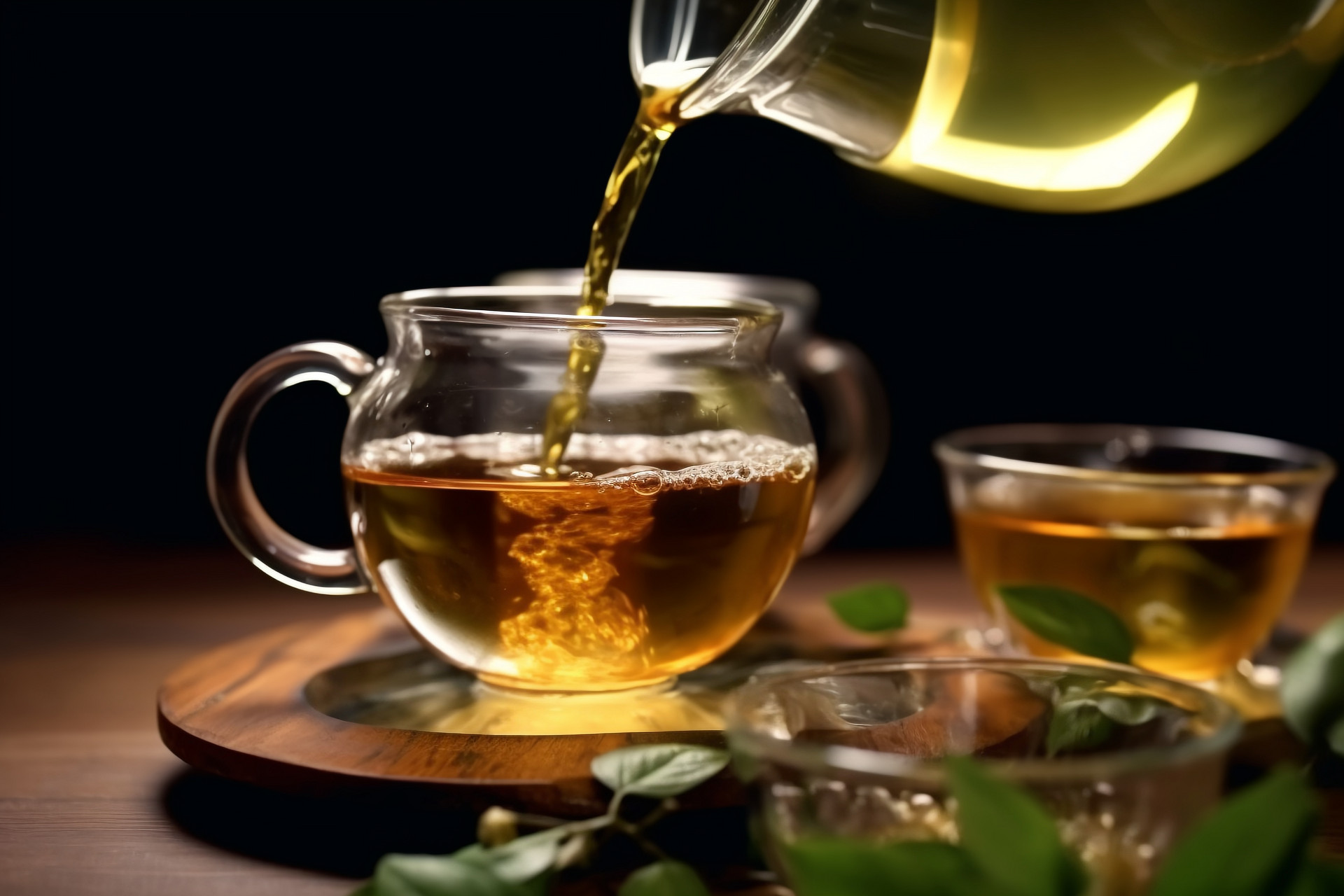

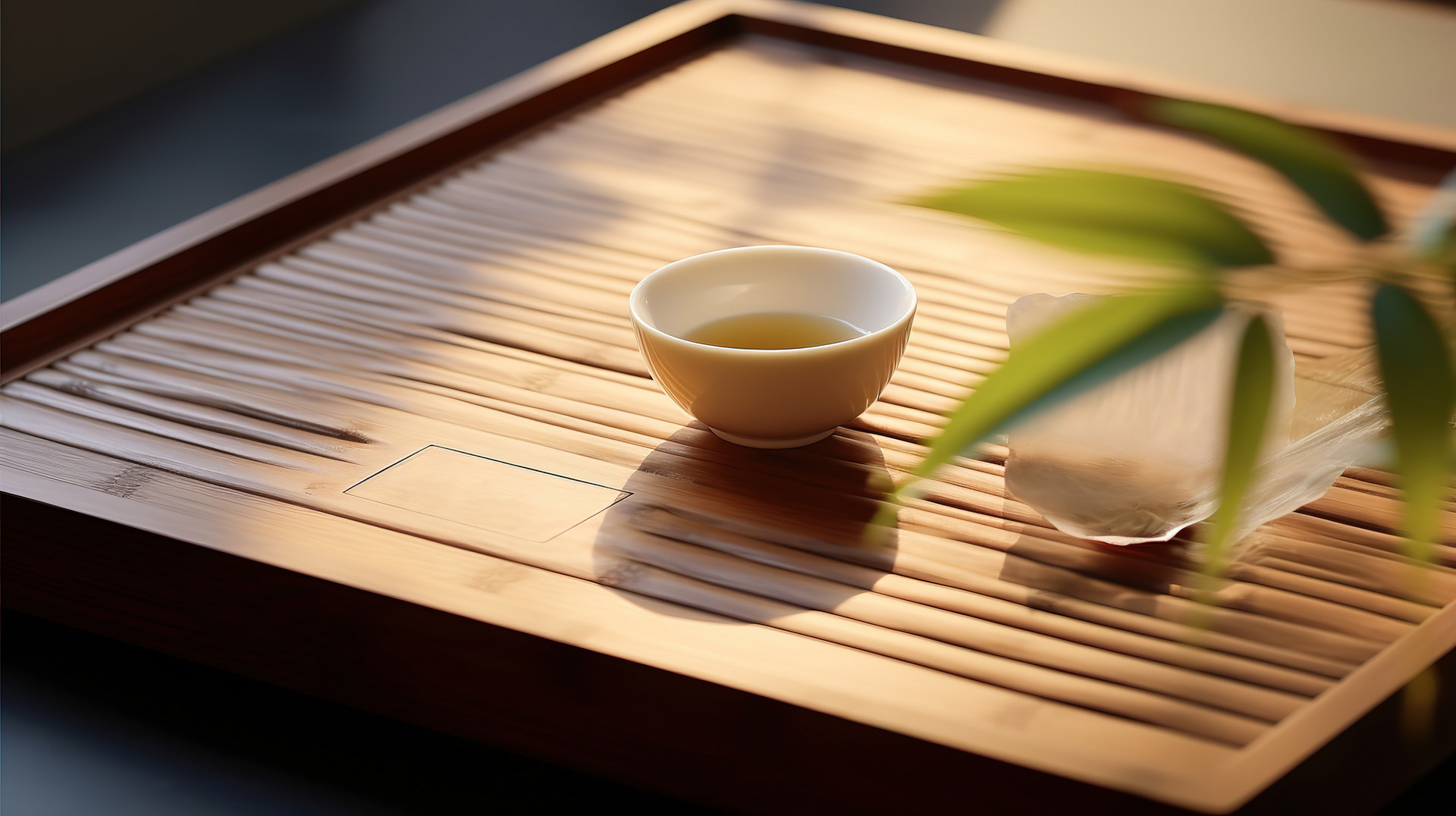
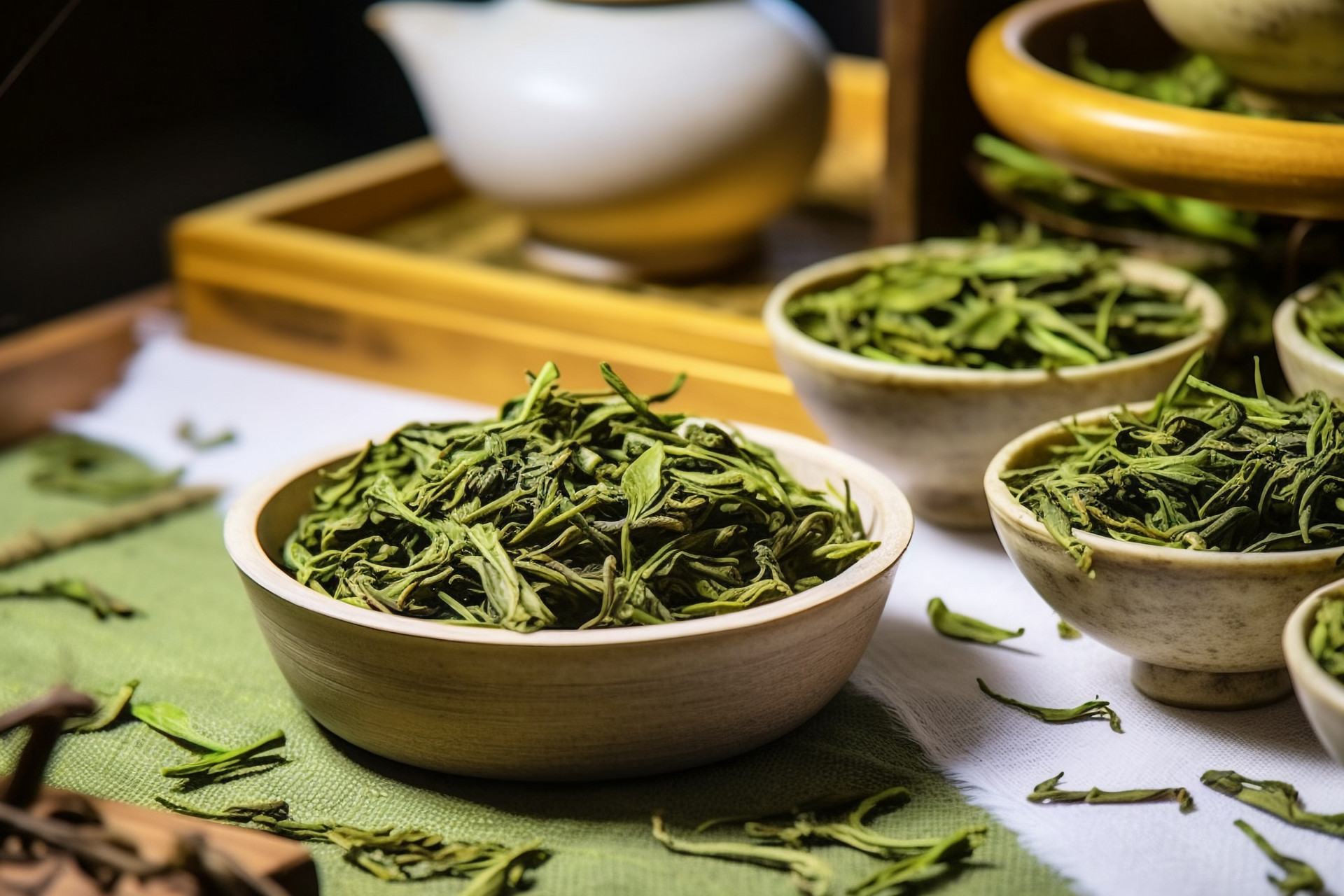
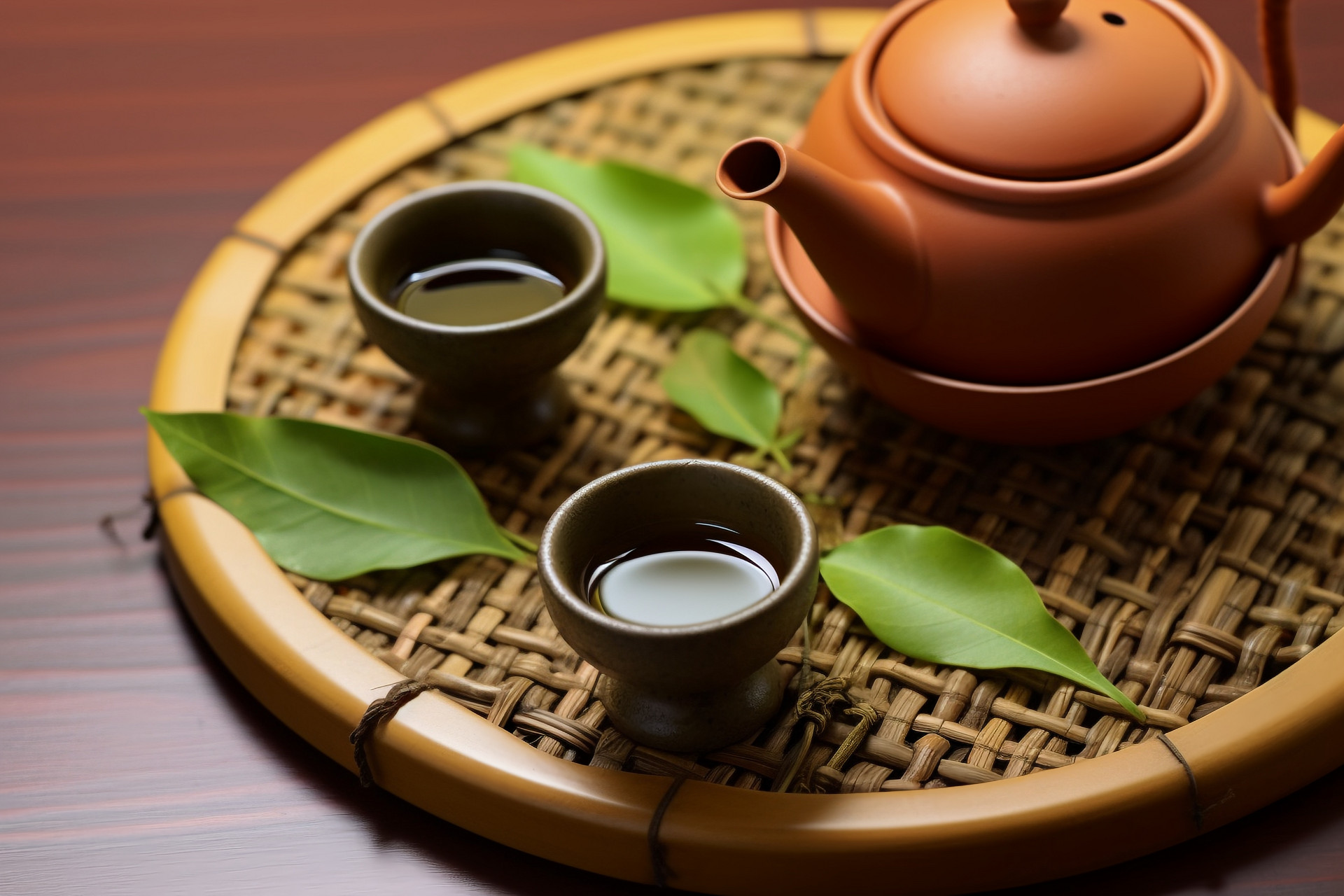
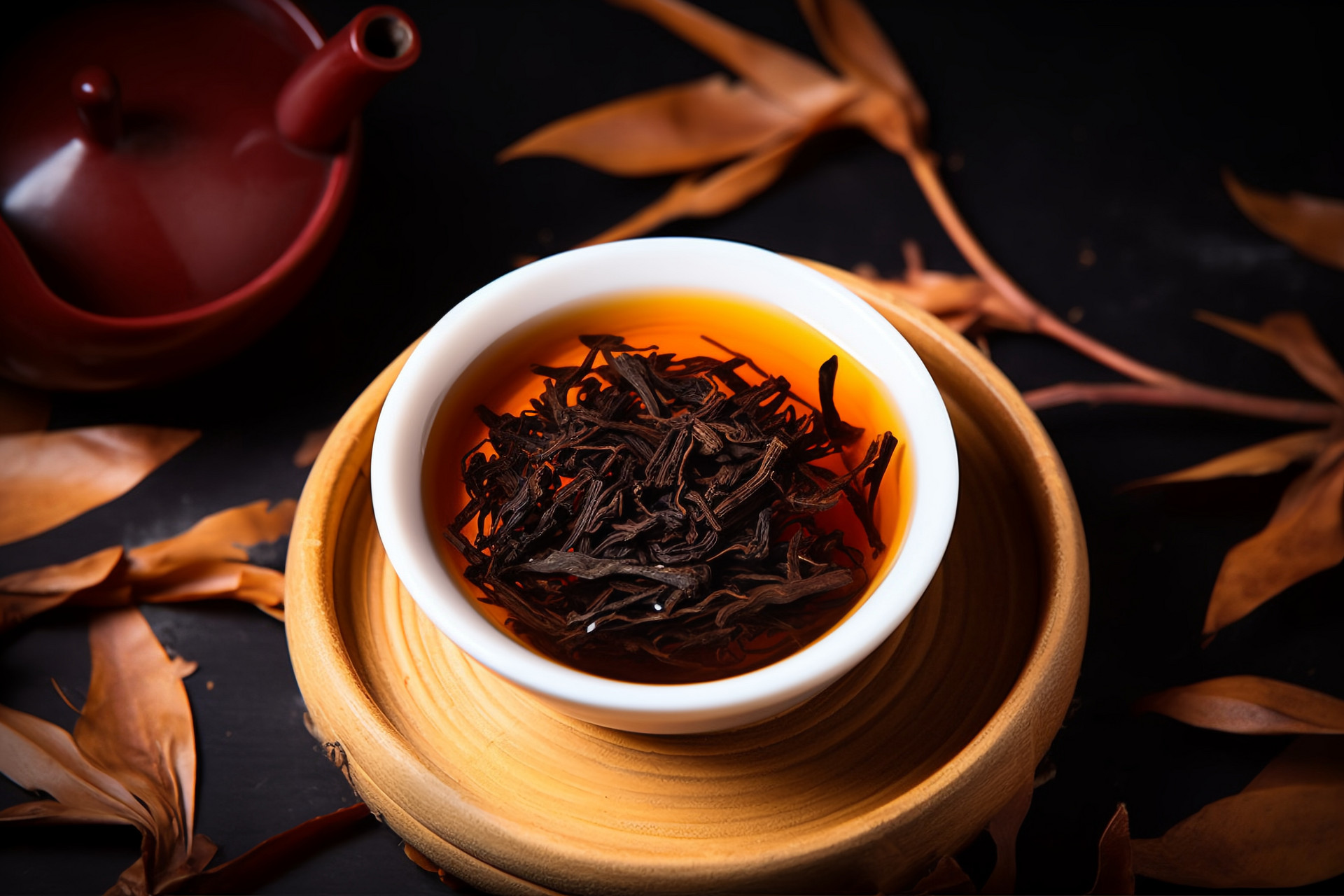
![[Herbal Wine Recipes for Health and Beauty]](https://tcmmaintenance.com/uploads/20240715/7241f6b6eafdaed88c28b26a37213964.jpg)